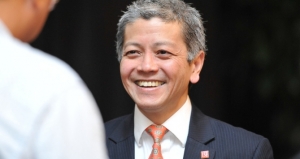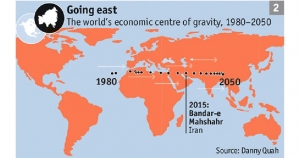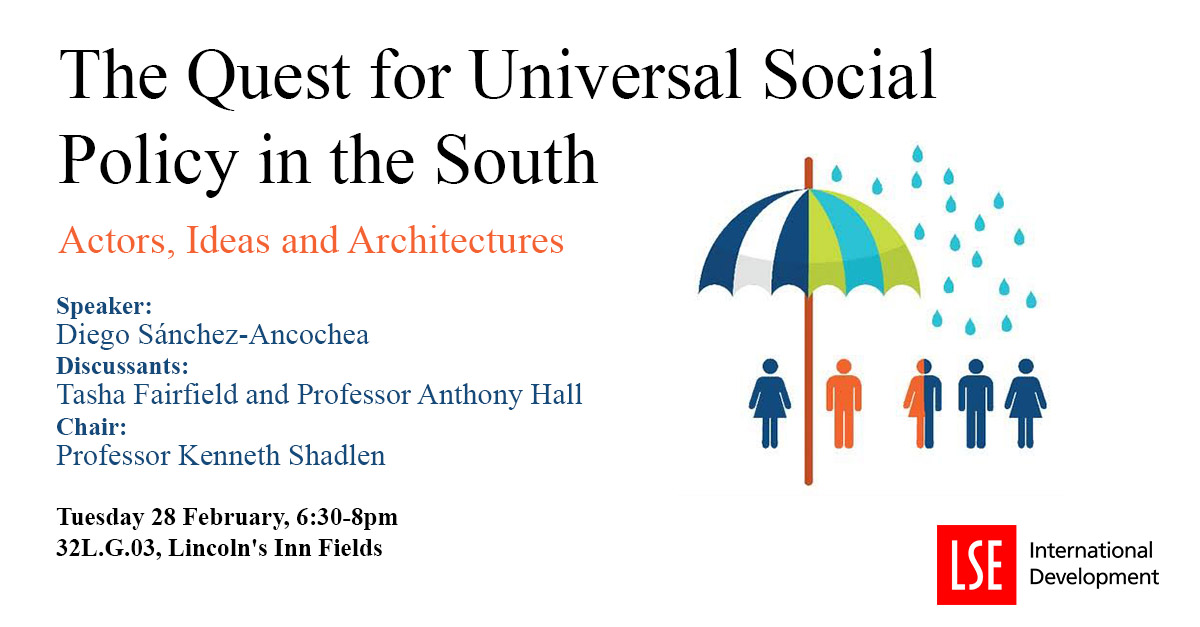[jwplayer mediaid=”2443″]
Danny Quah predicts that even if China’s growth slows to 7% in 2015, the Chinese economy would still (for most of the world) provide a 50% increase in new export market opportunity compared to the 12% growth a decade ago. At current rates of labour productivity, 7% growth in 2015 could still generate millions of new jobs.
The following extract was originally published on DannyQuah.com
No good ever comes of anything once a Zero-Sum perspective sets in. Take the Asian Infrastructure Investment Bank (AIIB) as one example. What does the AIIB seek? Help developing countries grow. Build infrastructure. Improve transportation and communications. Whatever could be wrong with any of that? But a Zero-Sum view divides the world into opposing camps, and the AIIB is then seen as an way to expand China’s circle of influence and therefore – via the Zero-Sum mentality – reduce the US’s. So the US must oppose the AIIB: on environmental standards, procurement safeguards, lending requirements.
When China says it will keep standards high, from say its own current anti-corruption crackdown, a zero-sum perspective refuses to acknowledge this might actually be a good thing. Instead, everything about the AIIB becomes just another way to win influence, widen China’s circle of allies, and eventually challenge the US in who gets to write the rules of the game on international engagement and economic exchange.
Sure, we’re talking now not just about China’s New Normal domestically but the AIIB. I think of these as not unrelated. Here’s the thing, this Zero-Sum perspective is refreshing those days when world leadership meant “might is right”. Those were not good times.
We have to remember that the US, at its most successful, was taken to be world leader not only because it was the world’s largest economy or wielded the biggest guns or won the most Nobel Prizes or had the deepest financial markets. Instead, the US was world leader because the US – not anyone else – opened up the international system. It created a world order that was liberal, transparent, inclusive, and democratic. The paradox was how by giving away power and allowing others to have greater voice, the US actually consolidated its own position. But it did, spectacularly successfully.
All that, in many eyes, changed when the US became instead practically petulant – last month lashing out, for instance, at the UK for “constant accommodation of the rising power” that is China. The US now seems to believe that by simply being the repository of greatest power [whether military, economic, soft, or otherwise] it should be allowed to dominate the world order. Perhaps the community of nations finds such a configuration not quite so attractive. This might, indeed, well be the US’s Delian Moment.
In this global New Normal, China’s narrative will be, “We are far from perfect. But we understand how hard it is to develop and grow an economy. Even if we don’t get it right, and we certainly won’t get it right for you, we understand the difficulty. Here’s help.” This chimes well with China’s long-standing policy of Peaceful Rise. And this simple idea could well end up as the narrative that wins over the world’s 6.5bn people who don’t live along the TransAtlantic Axis and who never quite got to be part of the age of US unipolarity.
Related Posts
   |





